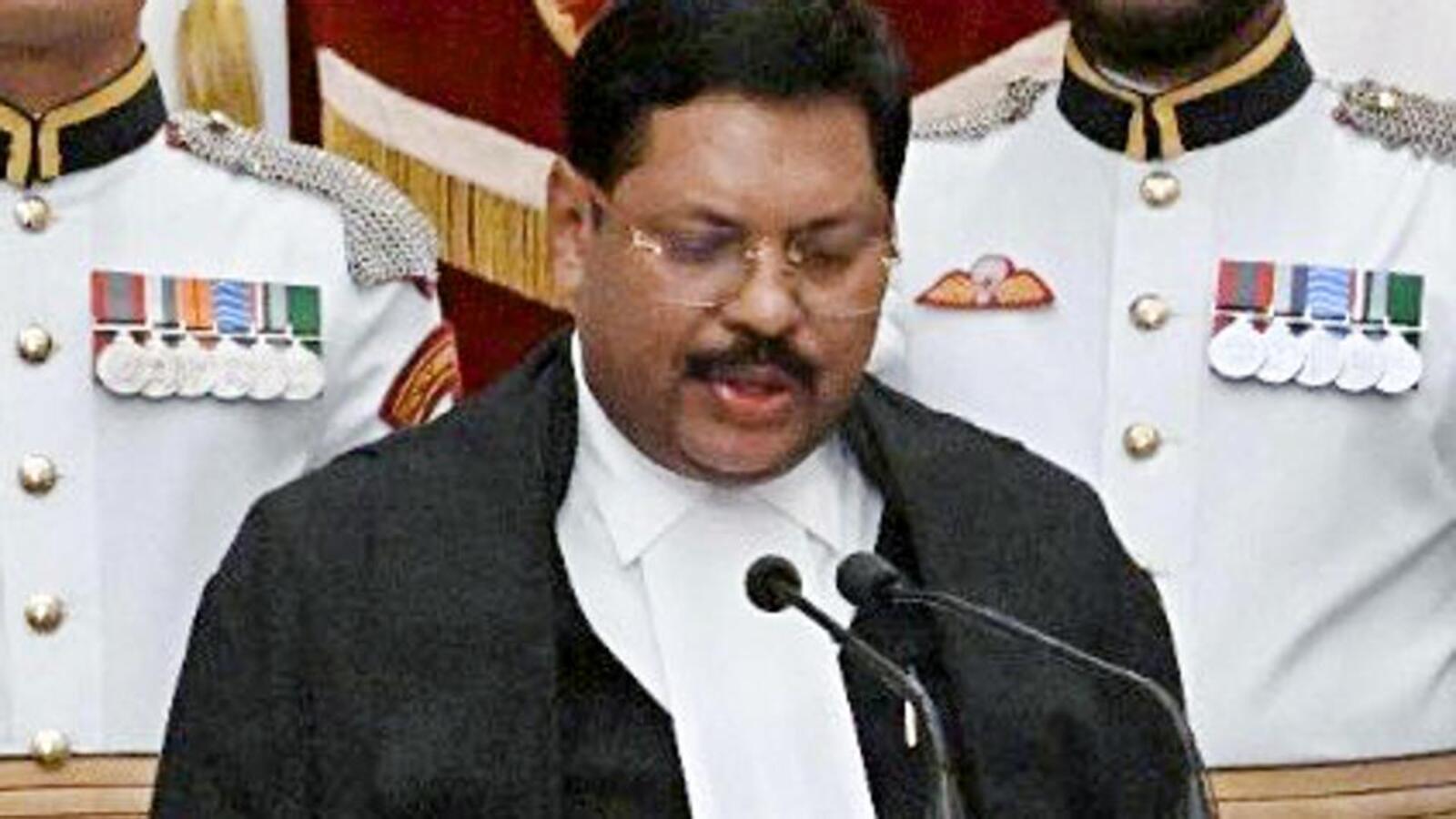Chief Justice of India (CJI) Bhushan R Gavai has sounded a strong note of caution against judges accepting government posts or contesting elections immediately after retirement, warning that such practices raise “significant ethical concerns” and risk eroding public confidence in the judiciary’s independence.

“If a judge takes up another appointment with the government immediately after retirement, or resigns from the bench to contest elections, it raises significant ethical concerns and invites public scrutiny,” underlined CJI Gavai, addressing a high-powered roundtable on judicial independence at the Supreme Court of the United Kingdom on Tuesday.
“A judge contesting an election for a political office can lead to doubts regarding the independence and impartiality of the judiciary, as it may be seen as a conflict of interest or as an attempt to gain favour with the government,” he said.
The CJI said the timing and nature of such post-retirement engagements could undermine the public’s trust in the judiciary’s integrity. He added that it could create a perception that judicial decisions were influenced by the prospect of future government appointments or political involvement.
CJI Gavai emphasised that he and many of his colleagues had “publicly pledged not to accept any post-retirement roles or positions from the government.” This, he said, was “an effort to preserve the credibility and independence of the judiciary.”
His remarks come amid long-standing debate over whether judges should be eligible for post-retirement positions, a concern deepened in recent years by Supreme Court and high court judges taking up roles offered by the executive soon after demitting office.
Justice SA Nazeer, who retired as a Supreme Court judge in January 2023, was appointed as the governor of Andhra Pradesh, within 40 days of his retirement. Justice Nazeer was part of the five-judge bench that decided the Ram Janmabhoomi case in November 2019, handing over the Ayodhya land to the Hindu party. He was the lone Muslim on the Ayodhya bench presided over by then CJI Ranjan Gogoi.
Justice Gogoi was also nominated to the Rajya Sabha four months after retiring as the CJI in November 2019, sparking widespread criticism. Justice Gogoi was the second CJI to become a member of the upper House. Former CJI Ranganath Misra was nominated to the Rajya Sabha by the Congress and served from 1998 to 2004. Former Supreme Court judge Fathima Beevi was appointed governor of Tamil Nadu (1997-2001). Former CJI P Sathasivam was appointed governor of Kerala (2014-2019). While Justice K Subba Rao contested the fourth Presidential elections, Justice Mohammad Hidayatullah became Vice President from 1979 to 1984.
Similarly, Justice Arun Mishra was appointed chairperson of the National Human Rights Commission within a year of retirement. Several high court judges have taken gubernatorial or tribunal posts immediately after leaving the bench.
Judicial misconduct
The CJI acknowledged a deeper malaise afflicting the judiciary, corruption and professional misconduct among judges, which he said severely tarnish the institution’s legitimacy. “Sadly, there have been instances of corruption and misconduct that have surfaced even within the judiciary. Such occurrences inevitably have a negative impact on public confidence, potentially eroding faith in the integrity of the system as a whole,” he said.
Justice Gavai said that the path to rebuilding this trust lies in the swift, decisive, and transparent action taken to address and resolve these issues. “In India, when such instances have come to light, the Supreme Court has consistently taken immediate and appropriate measures to address the misconduct,” he said.
“Transparency and accountability are democratic virtues. In today’s digital era, where information flows freely and perceptions are rapidly shaped, the judiciary must rise to the challenge of being accessible, intelligible, and answerable, without compromising its independence.”
The CJI did not name anyone. His remarks came against the backdrop of the controversy surrounding high court judge Yashwant Varma. A Supreme Court inquiry panel indicted Justice Varma over unaccounted cash found at his Delhi residence in March. In early May, the then CJI, Sanjiv Khanna, initiated the process for Justice Varma’s removal by writing to President Droupadi Murmu and Prime Minister Narendra Modi. Justice Khanna called the cash recovery at the judge’s residence serious, warranting the initiation of proceedings for his removal. The development placed judicial accountability under the spotlight, fueling calls for clearer standards and greater transparency.
Legitimacy rooted in integrity
CJI Gavai’s speech examined the core values underpinning judicial legitimacy, contrasting the judiciary’s authority, which derives not from the ballot but from public confidence, with the powers of the executive and legislature. “In every democracy, the judiciary must not only dispense justice, but also be seen as an institution that deserves to hold truth to power,” he said, highlighting that the terms “judicial legitimacy” and “public confidence” are interconnected.
He cited BR Ambedkar’s comments during the Constituent Assembly debates that the judiciary must remain “independent of the executive” and “competent in itself.” Article 50 of the Constitution, Gavai noted, mandates the separation of the judiciary from the executive in public services, and mechanisms like fixed retirement ages, financial independence, and the collegium system were designed to uphold this principle.
The CJI reaffirmed the importance of judicial review and the judiciary’s counter-majoritarian role. “Courts must have the power of independent judicial review,” he said, citing the Supreme Court’s landmark decisions that reinforced the supremacy of constitutional values over political expediency.
The CJI highlighted recent transparency initiatives by the Supreme Court, such as the live-streaming of Constitution Bench hearings and the public disclosure of judges’ assets. “These are significant steps to bolster public confidence through transparency. Judges, as public functionaries, are accountable to the people.”
While acknowledging that “no system is immune to flaws,” he emphasised that “solutions must never come at the cost of judicial independence.”
“Judges must be free from external control,” said the CJI, calling for renewed commitment to reasoned judgments, recusal practices in case of conflicts of interest, and ethical leadership from the top.
























